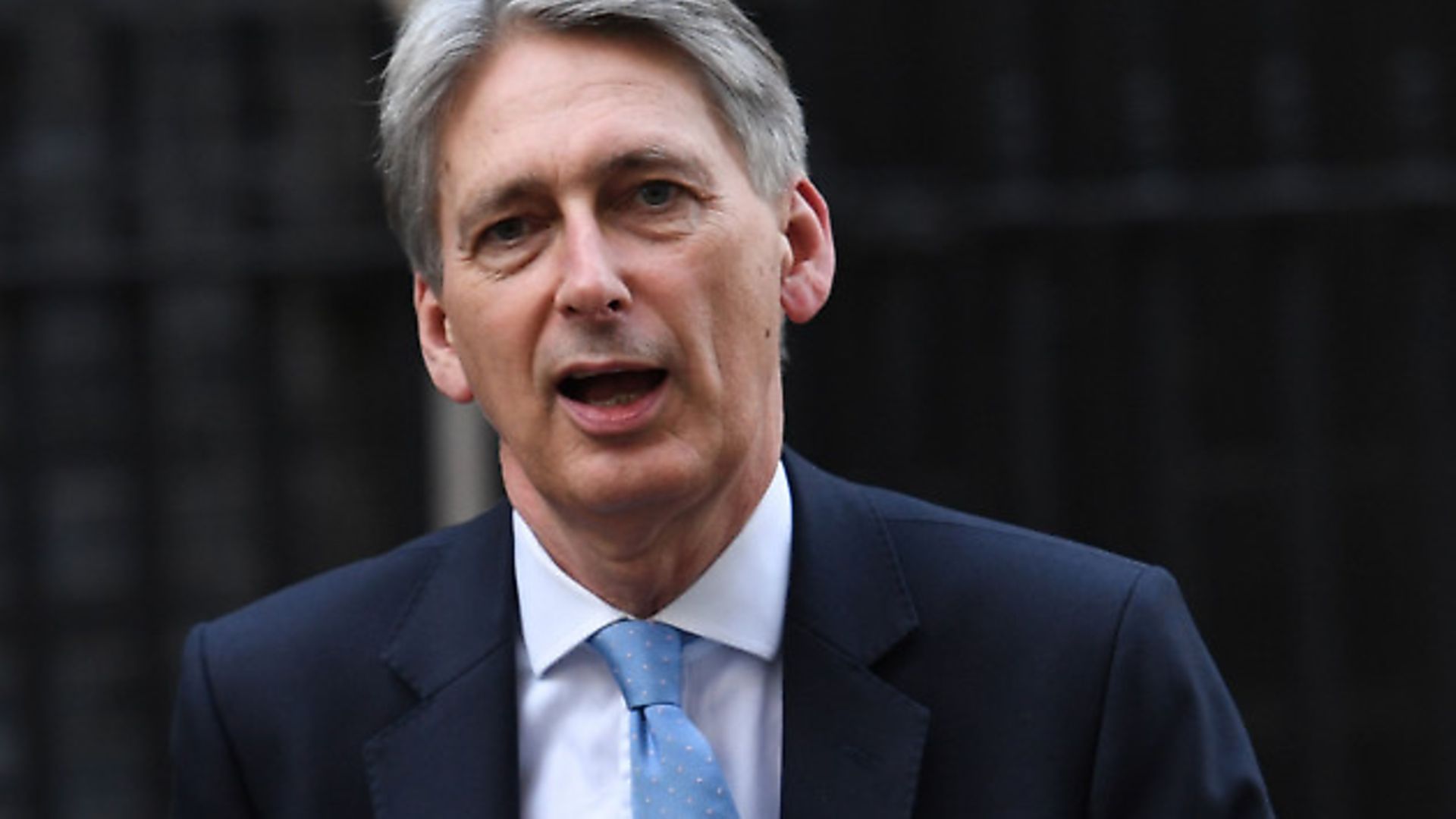
Article 50: The Government and Brussels have squared up after the PM signalled a date to trigger the formal process to quit the EU
The Government has clashed with Brussels in the wake of Theresa May signalling she will trigger Article 50 on March 29.
The EU is expected to make the issue of Britain’s exit bill a top priority when negotiations begin – it is thought the European Union will seek £50bn.
But the Chancellor Philip Hammond has now accused Brussels of ‘overstating’ its position with a Treasury source adding that he does not recognise the £50bn figure.
The spat came as the pound dived on the back of the Article 50 date being revealed and the influential Federation of Small Business (FSB) warning the Government not to pursue a Hard Brexit for fear of punitive trade tariffs.
The issue of an exit bill will be one the early priorities in negotiations as some EU figures, including European Commission chief negotiator Michel Barnier, have suggested the UK must settle its outstanding liabilities before talks on a new relationship can begin.
Foreign Secretary Boris Johnson has already publicly urged May to resist a large payment, while International Trade Secretary Liam Fox has dismissed the idea as ‘absurd’.
Discussion of the divorce bill is likely to dominate the coming weeks after May confirmed her intention to initiate Britain’s exit next week and then ‘negotiate hard’ for a good deal.
The Prime Minister’s letter officially notifying the European Council of the UK’s intention to quit under Article 50 of the EU treaties will set in train a two-year negotiation process expected to lead to Britain leaving the EU on March 29 2019.
Brexit Secretary David Davis said the move would initiate ‘the most important negotiation for this country for a generation’, with the Government aiming to secure ‘a new, positive partnership between the UK and our friends and allies in the European Union’.
But after the announcement sterling dipped giving up recent gains and slumping against the dollar. The pound also dived against the euro.
And the chairman of the FSB said small firms would be hit ‘disproportionately hard’ if tariffs are imposed on EU imports and exports after Brexit.
Nearly two-thirds (63%) of small firms wanted to remain in the single market when surveyed by the FSB in the Autumn, before May confirmed the UK would pull out to get full control over immigration.
FSB national chairman MIke Cherry said: ‘The reality is that the EU single market is still a crucial market for smaller firms and cannot be undervalued.
‘Compared to larger companies, small businesses typically work to tighter margins with limited resources, meaning changes to the trading landscape will hit them disproportionately hard.
‘We call on the Government to ensure that a sensible phased implementation arrangement is put in place to avoid a cliff edge, once we have left the EU.’
European Council president Donald Tusk confirmed that he will present draft Brexit guidelines to the remaining 27 member states within 48 hours of notification.
The EU27 are then expected to stage an extraordinary summit within four to six weeks to agree a mandate for Mr Barnier, with talks probably beginning in earnest in May or June.
May is due to visit all four nations of the UK before triggering Article 50. She will address MPs in a statement to the House of Commons following her regular weekly session of Prime Minister’s Questions on March 29.
She was cleared to take the step when the European Union (Notification of Withdrawal) Act gained royal assent last week, after a Supreme Court ruling forced her to seek the approval of both Houses of Parliament.
Warning: Illegal string offset 'link_id' in /mnt/storage/stage/www/wp-includes/bookmark.php on line 357
Notice: Trying to get property 'link_id' of non-object in /mnt/storage/stage/www/wp-includes/bookmark.php on line 37






